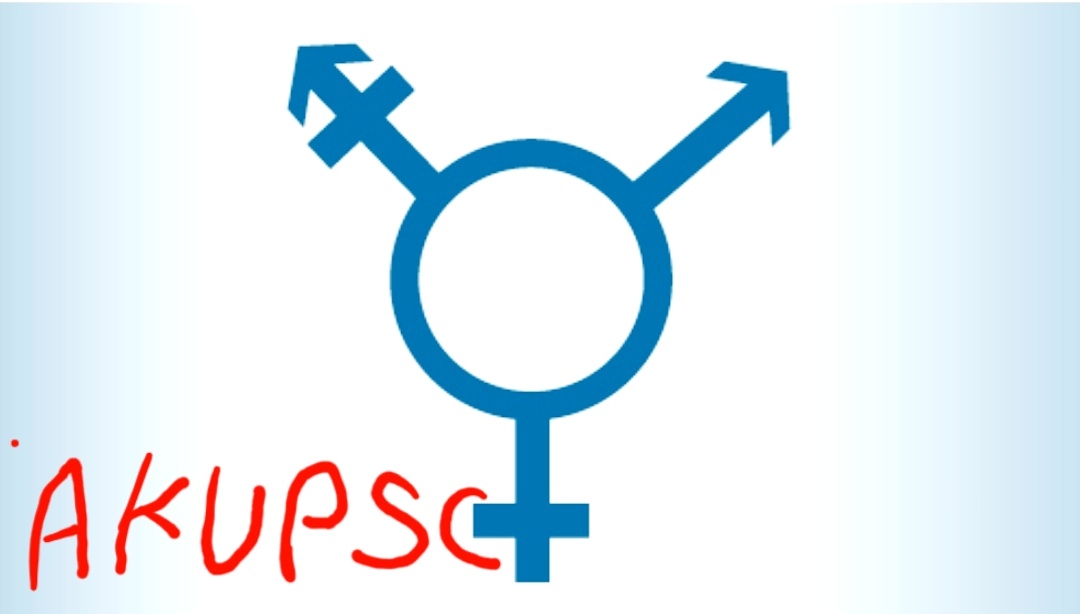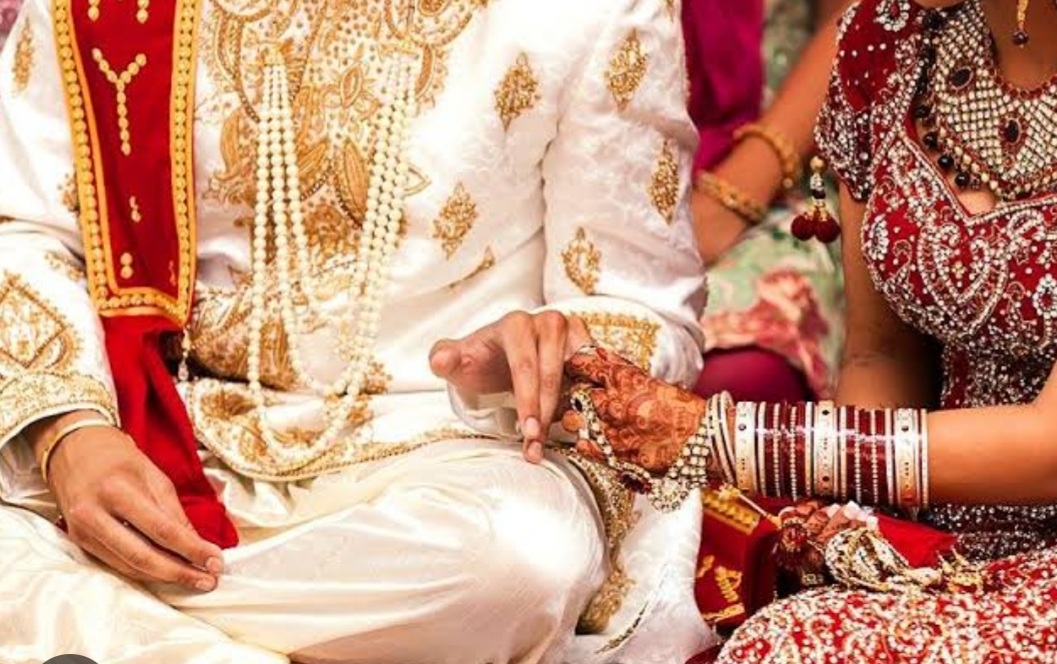TRANSGENDER IN INDIA -
TRANSGENDERS
Recently, Supreme Court issued notice to Centre on petition to grant legal recognition to same sex marriages and alliances between LGBTIQ+ community under Special Marriage Act (SMA), 1954.
• Earlier, petitioners had submitted that issue is sequel to Navtej Singh Johar and Puttaswamy judgments.
* Under Puttaswamy case, privacy was declared as a fundamental right and Navtej Singh Johar case de-
criminalization consensual Homosexuality in 2018.
* SC held that LGBTQ+ persons enjoy right to equality, dignity and privacy guaranteed by Constitution
on same ground as all other citizens.
• However, legal framework governing marriage institution in India does not presently allow members of LGBTQ+ community to marry the person of their choice.
* This is violative of fundamental rights including Articles 14, 15, 19(1)(a).
About Transgender community:
Constitutional values
Right to equality before law and equal protection under the law is granted in Article 14,15,16,19, and 21 of the constitution.
Judicial pronouncements
# NALSA vs Union of India (2014): SC ruled that rights and freedoms of transgender people in india were protected under the constitution.
# Navtej Singh Johar vs Union of India (2018): SC decriminalization adult consensual same-sex relationships in the section 377 (of IPC).
• The Transgender Persons (Protection of Rights) Act, 2019 defines a Transgender person as one whose
gender does not match the gender assigned at birth.
* It includes trans-men and trans-women, persons with intersex variations, gender-queers, and persons
with socio-cultural identities, such as kinnar and hijra.
• Since the transgender community does not fit into the general category of 'male' or 'female', they face various challenges which render them as the most marginalised communities in the country.
Challenges faced by the transgender communities:-
1• Marginalization and Social Exclusion due to racism, sexism, homophobia etc. which could lead to
homelessness also.
2• Low education due to poverty, insensitive attitude of teachers/staff etc.
3• Low accessibility to health care due to lack of providers with expertise in transgender medicine, financial support, clinic facilities etc.
4• Discrimination at Workplace as most of the transgenders are denied jobs and forced to take low paying work for livelihood.
5• Transphobia leads to physical attacks, discrimination, negative media representation hampering integration of such people.
6• Violation of rights due to ambiguity in their identity abysmal participation in electorate, etc.
way ahead ......
1• Systemic changes in policy making, like focus on establishing linkages with livelihood programs, literacy
programs and other development programs.
2• Address the basic needs of Transgender such as housing, food and employment.
3• Introduction of scholarships for gender non-conforming persons at state and national level.
4• Sexual harassment mechanisms should be gender neutral and domestic violence based on gender should
be recognized as a separate offense.
5• Pass an Anti-Discrimination Bill that penalizes discrimination and harassment on the basis of gender.
6• Awareness to tackle trans-phobia by engaging role models, civil society to mainstream third gender.










Comments
Post a Comment